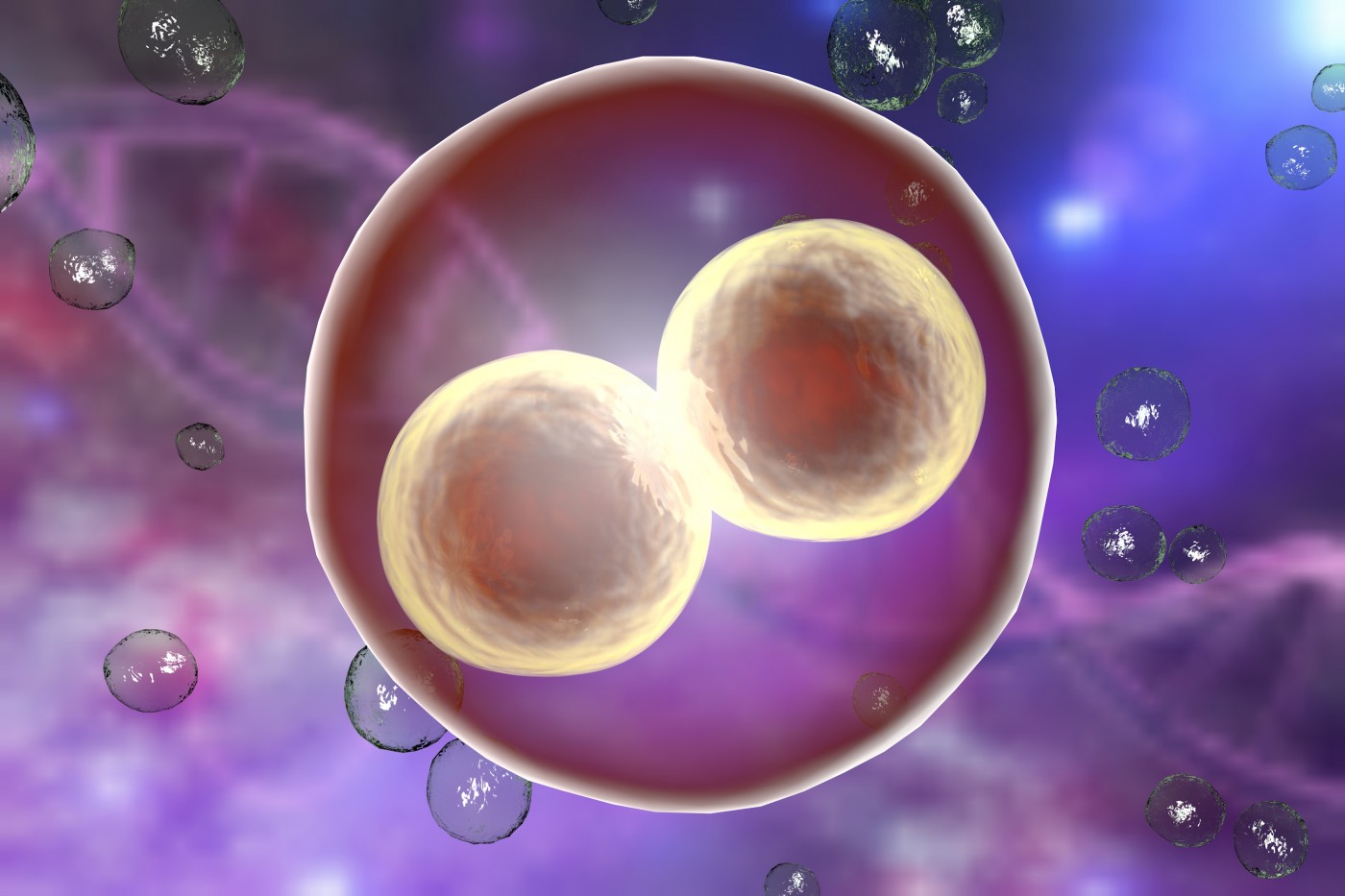Leigh Syndrome Mutations Found to Affect Embryonic Development

Embryonic stem cells were reported to be a good model system for studying the impact of mutations leading to the mitochondrial disease Leigh syndrome. The study, “Deletion of the Complex I Subunit NDUFS4 Adversely Modulates Cellular Differentiation,” was published in the Stem Cells and Development journal.
The OXPHOS system, located in the mitochondrion, is where the cells’ vast majority of ATP is produced. ATP, short for adenosine triphosphate, is the molecule that captures chemical energy obtained from the breakdown of food and releases it to fuel other cellular processes. Four complexes make up OXPHOS, but Complex I is the largest of them all.
Mutations in Complex I lead to a defective ATP production, and those occurring in the specific complex I gene called NDUFS4 lead to Leigh syndrome, a severe neurological disorder occurring in the first year of infants life, characterized by progressive loss of mental and motor capabilities, usually resulting in death by age 3, mostly from respiratory failure.
The research team investigated the origins of Leigh syndrome by generating mouse embryonic stem cell lines with different genetic backgrounds: wild type (carrying no mutations in the Complex I NDUFS4 gene), heterozygous (with mutations in one copy of the gene), and homozygous (mutations in both copies of the gene) for the deletion of the NDUSF4 gene.
They observed that these cells maintained their pluripotency and potential to differentiate into all body cell types. Moreover, researchers discovered that, while the stability of both nuclear and mitochondria genomes remained intact with a mutated Ndufs4 gene, they significantly affected the differentiation of neuronal cell lines into astrocytes (a star-shaped glial cell of the central nervous system). Additionally, the team discovered that NDUSF4 mutations impair the generation of a heartbeat in embryoid bodies.
Research established that embryonic stem cells are a good model system to study the effects of NDUSF4 gene mutations, and that the defects associated with Complex I deficiency affect the expression of genes early in development, with its adverse effects being detected still later in development.
“This highly experienced team has provided an elegant demonstration that the deletion of NDUSF4 in mouse embryonic stem cells and their subsequent neural differentiation shows a phenotype caused by the deletion itself rather than chromosomal or mitochondrial sequelae,” said Graham C. Parker, Ph.D., of the Carman and Ann Adams Department of Pediatrics, Wayne State University School of Medicine in Detroit, and Stem Cells and Development editor-in-chief, in a press release,






